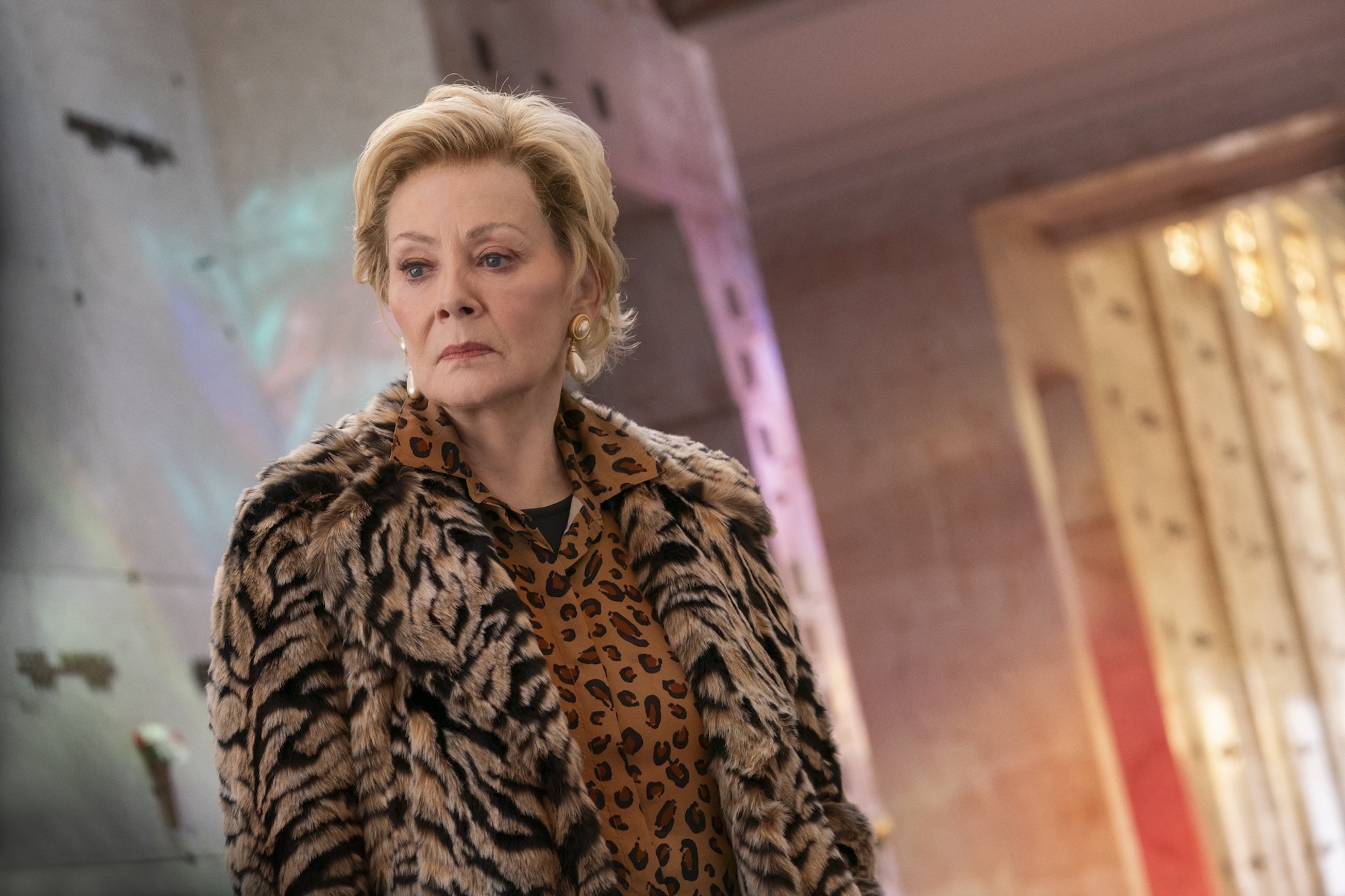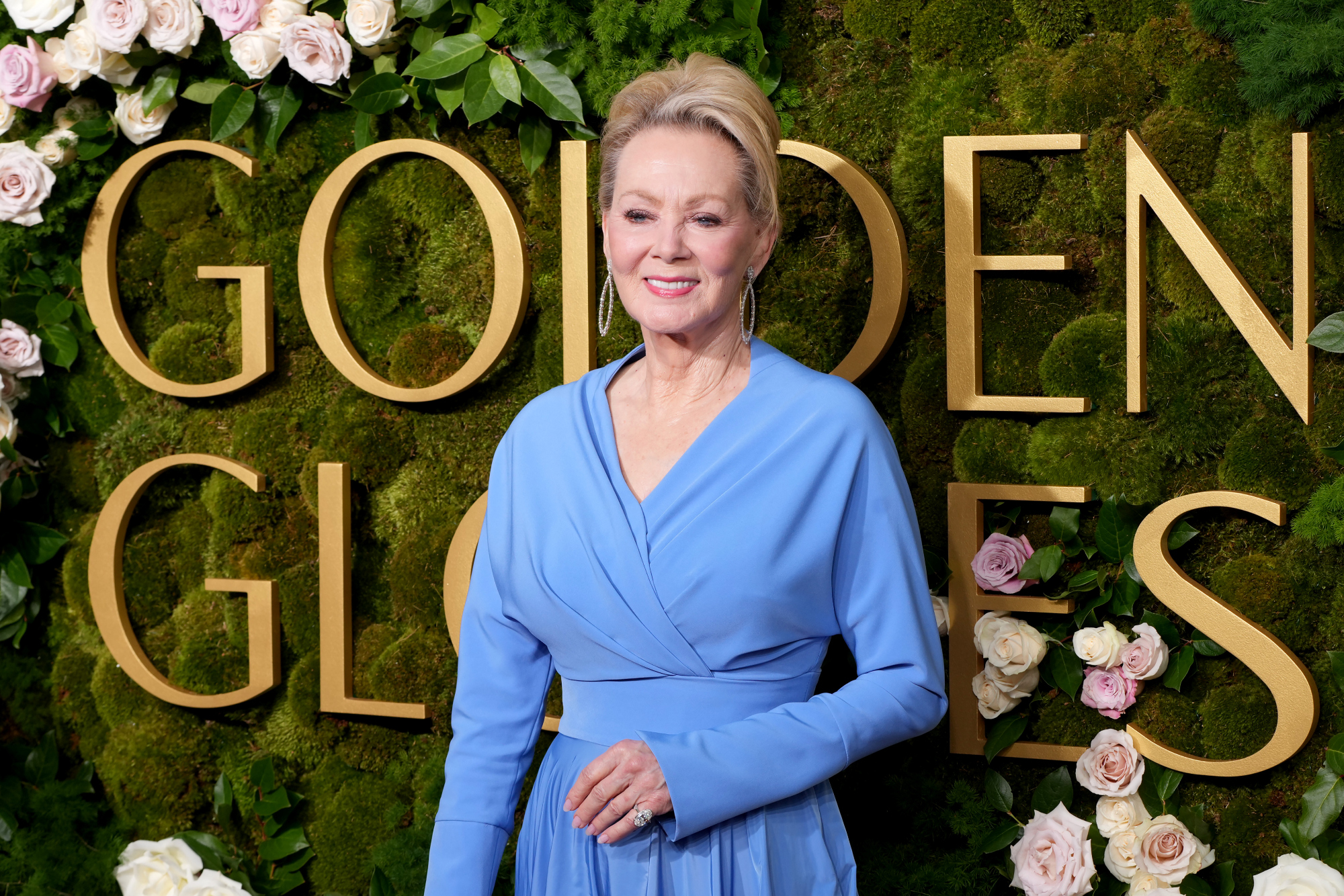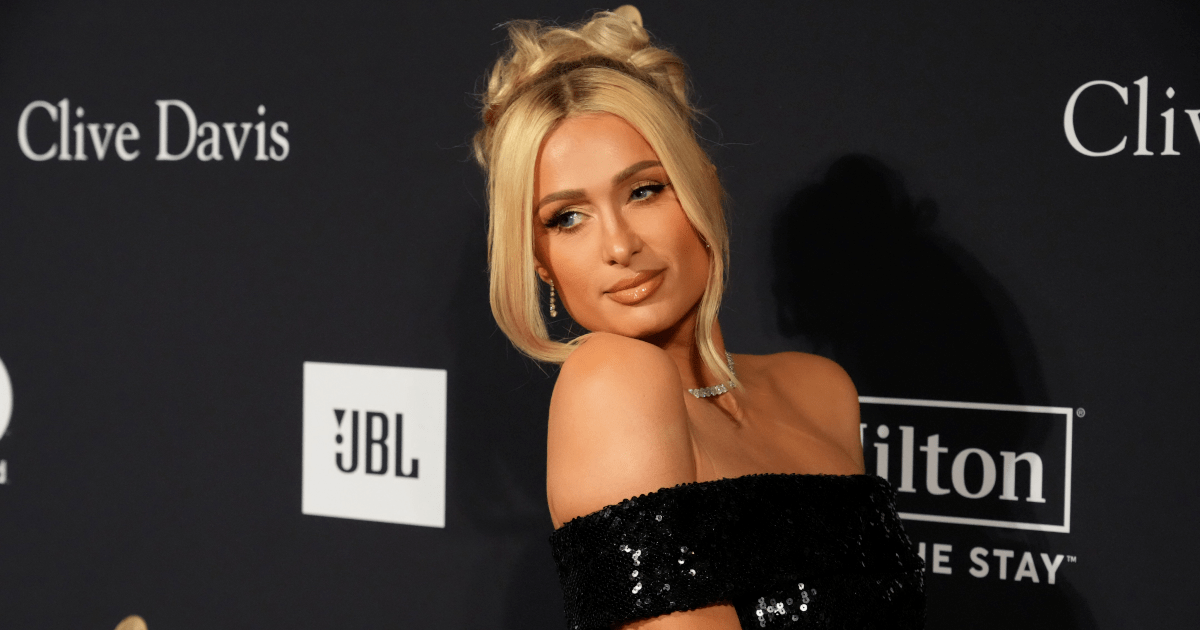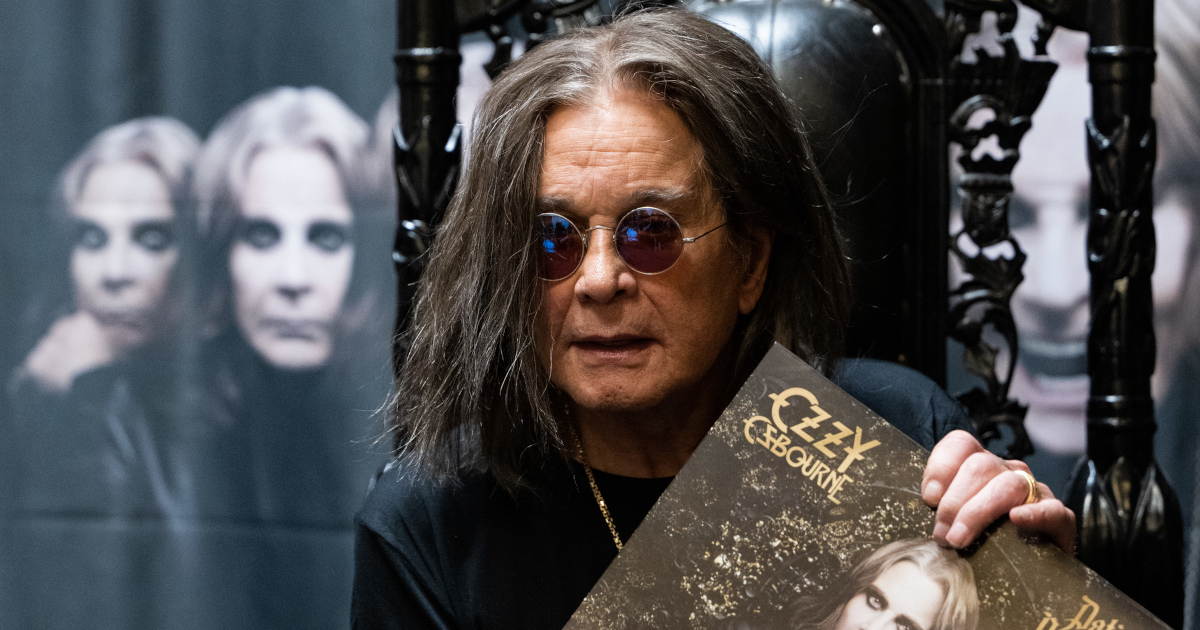Nicki Minaj Won the War, and Rap Is a Little More Pink Because of It
It’s been more than a decade since NYC hip-hop radio convulsed into a weirdly overheated and dreadfully protracted argument about “Starships,” of all songs. This blowup pitted Nicki Minaj, the newly-crowned queen of hip-hop and pop crossover darling of Z100, against Hot 97’s star host, Peter Rosenberg, who had at that point called the song “bullshit” while speaking to a crowd at Summer Jam 2012, just hours before Nicki was slated to perform as a headliner. Rosenberg’s dig at “Starships” was a follow-up to an earlier comment he’d made on-air, calling it “one of the most sellout songs in hip-hop history.” He resented “Starships” to an obsessive degree, and she wasn’t one to take slights in stride. So Nicki Minaj, the hometown heroine, pulled out of Summer Jam 2012 at the last minute and declared war on the most important hip-hop radio station in New York. Rosenberg and Flex, she insisted, were fucking bugging.
There were irksome aspects to Rosenberg’s rant: that he felt compelled to ridicule “some chicks” in attendance who would nevertheless be excited to see Nicki perform “Starships”; that his first counterexample of “real hip-hop shit” was A$AP Rocky, an airhead and a sellout if there ever was one. This was as much an argument about pop, and poptimism, vs. “real hip-hop shit” as it was also an argument about femininity and its proper proportions in the culture. With its dollhouse cover art and its pillowy choruses and its music videos full of colorful wigs and gowns, Nicki’s Pink Friday album represented a conspicuously girly perspective on hip-hop and also, coincidentally, a betrayal of all that is good and true and holy in hip-hop. Rosenberg wasn’t even entirely unfounded in his particular frustration with “Starships.” This was the sort of EDM cliché that you’d typically make in the early 2010s if you were eyeing the exits from hip-hop and hoping to cartwheel into a pile of Katy Perry money. But at this point she’d also made “Super Bass,” a similarly bright and pop-y (and successful) single, but with a breathless double-time flow that reaffirmed rap as her dominant influence and primary mode. She clearly resented the implication from Rosenberg that making decidedly girly rap anthems was somehow beneath her or beneath him or beneath hip-hop in general.
Rosenberg has since reconciled with Nicki and made his peace with “Starships.” But it’s worth re-evaluating all those anxieties and expectations attending Nicki ever since 2010’s Pink Friday and 2012’s Roman Reloaded, albums that indeed marked a new dawn for women in hip-hop—rappers and fans. Last week Nicki released Pink Friday 2, not a sequel to her debut album in any functional sense so much as a call to reflect upon her long vindication. With time she became a starker figure with wacky, tacky sensibilities still, but a much tighter—dare we say authoritarian—grip on her reputation. She raised one of the overzealous fan armies in the history of the concept. She endured the general trivialization of “girlbosses” and women’s empowerment by the late 2010s with a mean mug and, better yet, a killer sense of humor. I always reminisce about her mercurial reign of terror on Beats 1, via Queen Radio, and her absurd, apoplectic homage to Harriet Tubman: “TO FREEDOM!!!” This, to me, represented her peak power as an entertainer—as a mischievous master of exaggerations and escalations.
Nicki Minaj solved the definitive problem of her career so effectively that at this point the culture tends to misremember what the problem even was. There were indeed plenty of prominent female rappers, of all kinds, in hip-hop before Nicki Minaj. I personally grew up listening to Missy Elliott, Eve, Trina, Da Brat, Gangsta Boo, Foxy Brown, Lil’ Kim—women who emerged from different scenes, with different styles, and earned some mainstream prominence in the 1990s through the 2000s. And yet the culture would still manage to reduce them, sooner or later, to novelties or sidekicks or some other sort of exception proving the rule of masculine definition and male dominance. Nicki wrestled with these perils, too, as the so-called first lady of YMCMB, subject of so much innuendo about her relationship with her labelmates. She eviscerated a profile writer from The New York Times Magazine for expecting her to account for both her then-boyfriend Meek Mill’s feud with Drake, and Lil Wayne’s feud with Birdman, then asking whether she “thrives on drama.” (“What do the four men you just named have to do with me thriving off drama?” Nicki shot back, before storming out.) Honestly—it’s not very hard to see why someone, even the most adoring fan, and certainly an observant journalist, might reasonably regard Nicki Minaj as dramatic. (Why is she still beefing with Cardi B? Why is she now beefing with Megan Thee Stallion? Why did she have to drag Harriet Tubman into this?!) But you could sympathize with a woman who was so very clearly, methodically determined to end this very sort of tokenization of hip-hop’s women once and for all, to help create the conditions for later generations of female rappers, from Cardi B and Megan Thee Stallion to Ice Spice and Sexyy Red, to succeed without the conventional codependency a Big or a Jay or a Wayne. This was her life’s work.
Her regard always hinged on how much you view her as a pop saboteur working against “real hip-hop shit,” in a zero-sum game, or rather as a woman who was speaking directly to native, but long neglected hip-hop constituencies—the girlies and the gays. There’s nothing wrong with cherishing the more traditional modes or masculine ideals in hip-hop culture (though some of those ideals are certainly corrosive). There’s nothing wrong with preferring to hear some “real hip-hop shit,” whatever that may mean (though, again, I can’t believe anyone in their right mind ever thought to invoke A$AP Rocky in this vein). There’s nothing wrong with hating “Starships.” But you should understand that Nicki Minaj has transformed hip-hop in previously inconceivable ways. She’s a pivotal figure in the reconciliation of hip-hop and pop music, and a role model to the first generation of female rappers to have altogether outclassed its male peers in terms of success and acclaim.
And yet, so little has changed after all these years; Nicki is still Nicki. She’s on the Barbie soundtrack, naturally, with Ice Spice rapping about the Dreamhouse and the pink Ferrari over a sample flip so obvious that you already know it, even if you’ve never heard it, without me giving you any additional clues. (Yes, it’s “Barbie Girl.” No, Nicki has never been one for subtlety.) Here she is now, on Pink Friday 2, rapping over “Super Freak,” “Girls Just Want to Have Fun,” and “Heart of Glass”—samples that, like “Video Killed the Radio Star” and “Baby Got Back” before them, couldn’t be any more to the point of her flossy, glossy, bossy caricature. There’s a stretch of this album, from “Everybody” through “Super Freaky Girl,” that’s the most potently and beautifully ridiculous she’s gotten in years. “I don’t fuck with horses since Christopher Reeve,” on “Red Ruby Da Sleeze,” has got to be the loopiest way you could go about dissing Meg, and the long pause and then eventually the “uh-ohhhh,” from Lumidee on the sample of “Never Leave You,” just really sells it. Bravo! To freedom!!!
But this is the same Nicki who, five minutes into Pink Friday 2, is doing “Notorious Thugs” via Young Money, bridging Brooklyn and Queens, with the straightest of faces. Because she’s always productively insisted on having it both ways, to be the fearsome all-caps don-dada while also being the woman who made a song as admittedly silly as “Starships.” “‘Starships are meant to fly?’ Why did I do that? I really think that every time I hear it.” Because it’s fucking fun, and we’re all fucking bugging, though, in fairness, so is she.







